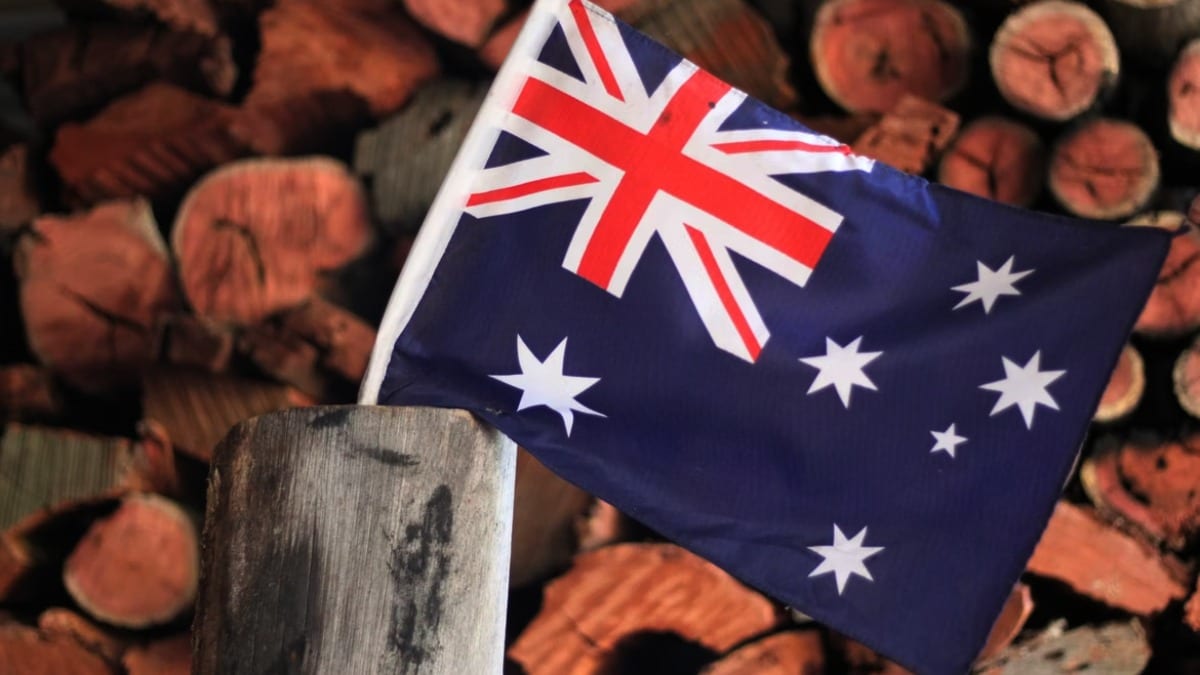
The central bank of Australia is tapping into the next, more advanced phase of finetuning its e-currency, named the eAUD. The country, which had been working on developing its central bank digital currency (CBDC) for a while now, has decided to launch the eAUD in its pilot trial phase. The development was confirmed by the Reserve Bank of Australia (RBA) on Thursday, March 2. The eAUD CBDC will essentially represent the Australian dollar on the blockchain, making transactional details unchangeable and in-turn, more transparent.
The RBA has onboarded a group of fintech players to assist in the eAUD CBDC pilot. These include Mastercard, the Australia and New Zealand Banking Group (ANZ), the Commonwealth Bank as well as local crypto players like Monoova and DigiCash.
“The pilot and broader research study that will be conducted in parallel will serve two ends – it will contribute to hands-on learning by industry, and it will add to policy makers’ understanding of how a CBDC could potentially benefit the Australian financial system and economy,” Brad Jones, Assistant Governor (Financial System) at the RBA, said in an prepared statement.
A CBDC is essentially a representation of a country’s fiat currency onto the blockchain network. CBDC transactions, when rolled-out, will reduce the dependencies of central banks on physical currencies, saving a fortune on printing and managing cash.
While the ANZ will be testing the use of the Australia’s CBDCs in offline payments and nature-based asset trading, Mastercard will test eAUD’s use interoperability quotient.
GST automation, funds custody, and corporate bond settlements are among other domains where the uses of the Australian CBDC will be checked during its pilot.
Australia’s Digital Finance Cooperative Research Centre (DFCRC) is also working with the RBA on the CBDC initiative. DFCRC is a 10-year, $180 million (roughly Rs. 1,500 crore) research program funded by industry partners and universities alongside the Australian government.
“The variety of use cases proposed covers a range of problems that could potentially be addressed by CBDC, including some that involve the use of CBDC for atomic settlement of transactions in tokenised assets. The process of validating use cases with industry participants and regulators will inform further research into design considerations for a CBDC that could potentially play a role in a tokenised economy,” Dilip Rao, Program Director – CBDC with the DFCRC, said as part of the prepared statement.
In September last year, the RBA had released a whitepaper which claimed that the eAUD pilot could be completed by mid-2023.
For details of the latest launches and news from Samsung, Xiaomi, Realme, OnePlus, Oppo and other companies at the Mobile World Congress in Barcelona, visit our MWC 2023 hub.



